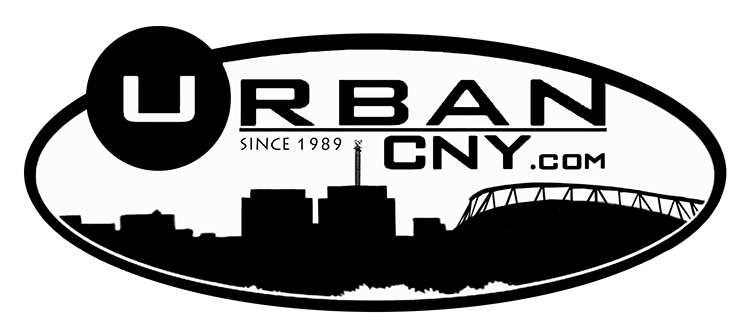Brief argues that to advance racial and economic justice in Syracuse, I-81 must be torn down
Syracuse – The New York Civil Liberties Union moved to file an amicus brief in support of respondents challenging a lawsuit to halt the demolition of a crumbling portion of the I-81 viaduct in Syracuse, New York. Submitted in the Supreme Court of the State of New York, Onondaga County, in the case Renew 81 For All v. NYS Department of Transportation, the brief underscores the environmental and racial justice necessity to tear down the I-81 viaduct to remedy the displacement and destruction of the 15th Ward, and replace it with the Community Grid. The NYCLU argues that Renew I-81’s plan to keep the highway in place or build a new, higher structure will perpetuate the same racist history and failed practices of the past five decades, forcing Black residents to shoulder the effects of the highway for the benefit of the predominately whiter, wealthier businesses and residents in the suburbs.

“Replacing the I-81 viaduct with a raised highway is not an option under any circumstances. Our community has spoken loud and clear at countless marches, rallies, and through over 5,000 public comments submitted to the state: I-81 must be demolished and cannot be recreated under another name. Any attempts to ‘save’ I-81 are intent on preserving a symbol of structural racism that has supercharged segregation, decimated land value, and polluted the environment,” said Lanessa Chaplin, Director of the Environmental Justice Project at the New York Civil Liberties Union. “The NYCLU and our partners at the NAACP CNY Chapter, Families for Lead Freedom Now, CNY Solidarity and the Urban Jobs Task Force will make sure that the court hears loud and clear that we will not let future generations experience the structural racism we experienced. We must dismantle these harms as we dismantle I-81.”
I-81 has been a structural barrier to opportunity and racial equity in Syracuse since its original construction during the 1960s “urban renewal” program. Across the country, state and local governments, with the acquiescence of federal officials, used this program to destroy Black neighborhoods, segregate Black people from white people, and decrease the population and vibrancy of Black urban communities. In Syracuse’s 15th Ward neighborhood, 1,3000 residents were displaced by the original construction of the 1.4 mile stretch of the I-81 viaduct. Today, about 68 percent of the 3,679 families in the neighborhood adjoining the viaduct, which remains the largest Black community remaining in Syracuse, live below the poverty line. The Biden administration, Senator Schumer, Senator Gillibrand, Governor Hochul, and state officials have affirmed that the viaduct must be torn down and replaced with the Community Grid to advance racial, environmental and economic justice.
 The NYCLU has been on the ground in Syracuse for over six years, convening hundreds of community meetings and gathering over 5,000 public comments to ensure the state Department of Transportation (NYSDOT) and the city of Syracuse address health and equity concerns from those who live closest to the viaduct. Together with community partners, NYCLU litigators and organizers are working to ensure that the injustices of the original construction are not repeated by improving opportunity and fairness through the replacement process and ensuring stability and dignity for the communities most affected during construction. Following a lengthy public comment process, NYSDOT decided to proceed with a Community Grid plan to replace the viaduct with a street-level grid.
The NYCLU has been on the ground in Syracuse for over six years, convening hundreds of community meetings and gathering over 5,000 public comments to ensure the state Department of Transportation (NYSDOT) and the city of Syracuse address health and equity concerns from those who live closest to the viaduct. Together with community partners, NYCLU litigators and organizers are working to ensure that the injustices of the original construction are not repeated by improving opportunity and fairness through the replacement process and ensuring stability and dignity for the communities most affected during construction. Following a lengthy public comment process, NYSDOT decided to proceed with a Community Grid plan to replace the viaduct with a street-level grid.
In December 2020, the NYCLU released Building a Better Future: The Structural Racism Built into I-81, and How to Tear it Down which analyzes NYSDOT’s plans from a racial, environmental and economic justice lens and recommends key steps that the state must take to ensure the health, safety and economic opportunity throughout the redevelopment process.
Read the amicus brief here: https://www.nyclu.org/en/cases/renew-81-all-v-new-york-state-department-transportation









